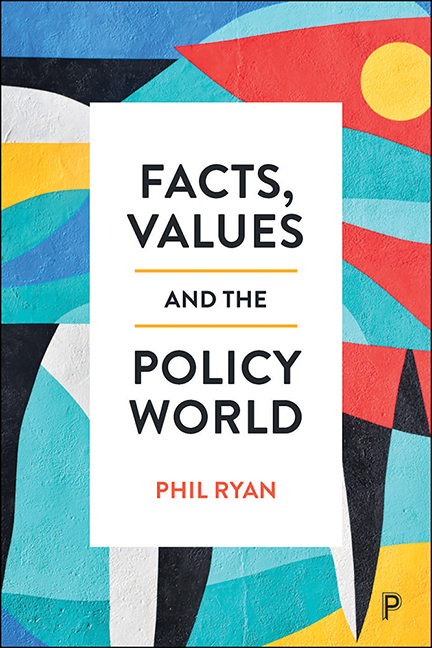11 - The limits of dialogue
Published online by Cambridge University Press: 15 September 2022
Summary
As we have seen, the non-binary approach insists that ‘There is always something to talk about, if we’re willing to talk.’ Yet we must avoid a ‘dialogic utopianism’ that assumes that, with enough time and good will, opponents can always come to an understanding. This chapter will address some of the limits of dialogue, as well as its internal tensions.
We will first note how ‘burdens of judgment’ can prevent people from reaching agreement, even when they are willing to dialogue in good faith. The second section will stress that, even when agreement is reached, it should not be confused with certain truth. We will then consider some of the tensions associated with the conception of the policy analyst as facilitator. Finally, the chapter will take up certain perennial challenges of social dialogue, which cannot be overcome once and for all.
Dialogue need not lead to agreement
Philosopher John Rawls's ‘burdens of judgment’ concept denotes all the factors that can prevent us from reaching agreement, even when we argue in good faith and with an open mind (1996, 55). Our differing life experiences constitute one of these burdens: because we bring our whole web of beliefs and our experiences into our judgment of claims, we cannot always expect unanimity, even with good will and openness to dialogue. Imagine that we are discussing the character of a mutual acquaintance, José. Each of us has our own individual experiences of this person. My own experience naturally looms more heavily in my assessment of José than your report on something that he said or did, which, after all, simply remains your report, not my experience. You are in the same position with respect to my account of José: you may trust me, yet not give second-hand information the same weight as your own experience. So we cannot expect full agreement, simply because we are working with different sets of facts that can never be rendered entirely uniform. Openness to dialogue does not entail a willingness to take other people's experiences as one's own, nor to erase one's particular network of beliefs.
The simple example can be extended to broader cases.
- Type
- Chapter
- Information
- Facts, Values and the Policy World , pp. 119 - 126Publisher: Bristol University PressPrint publication year: 2022



